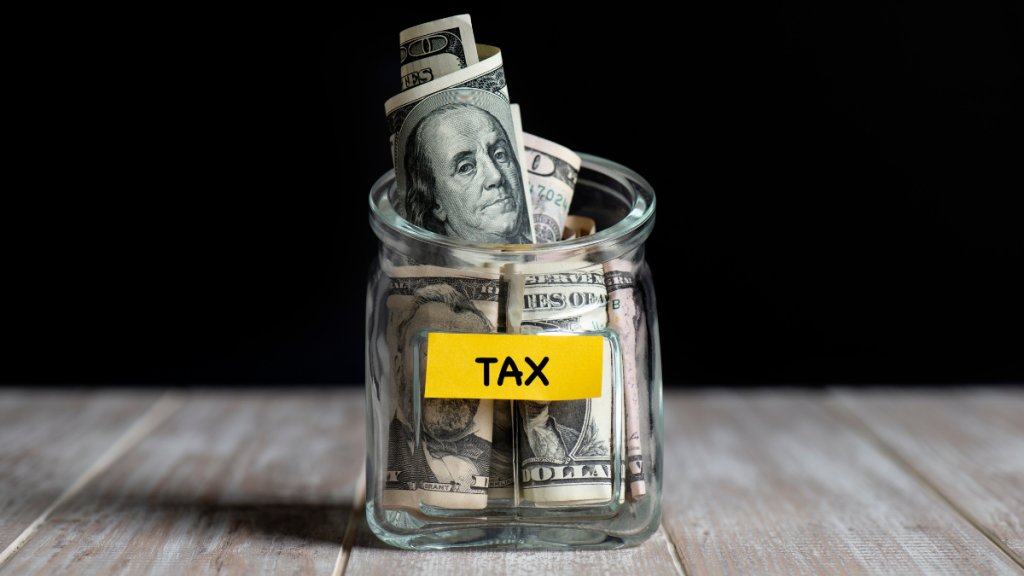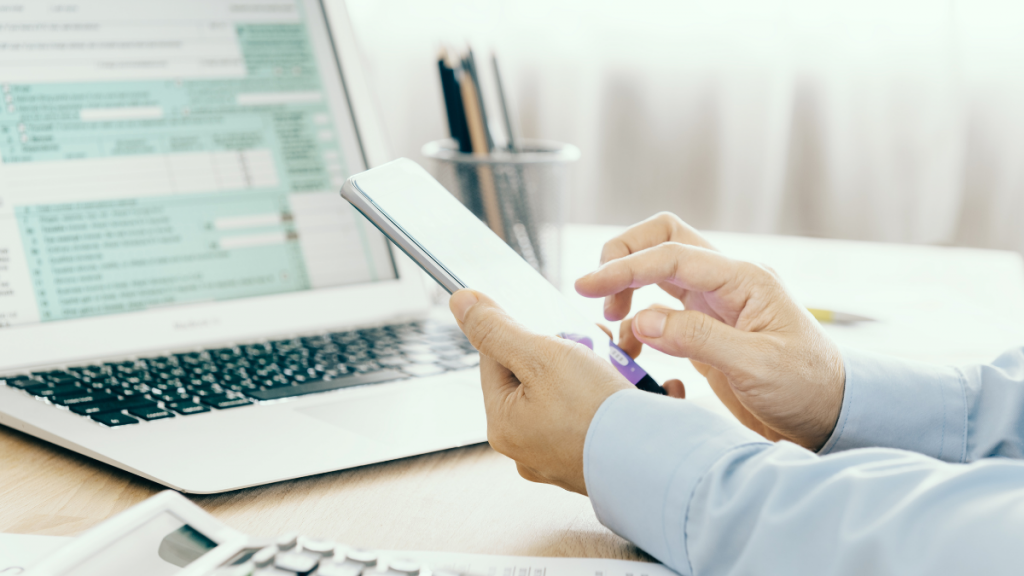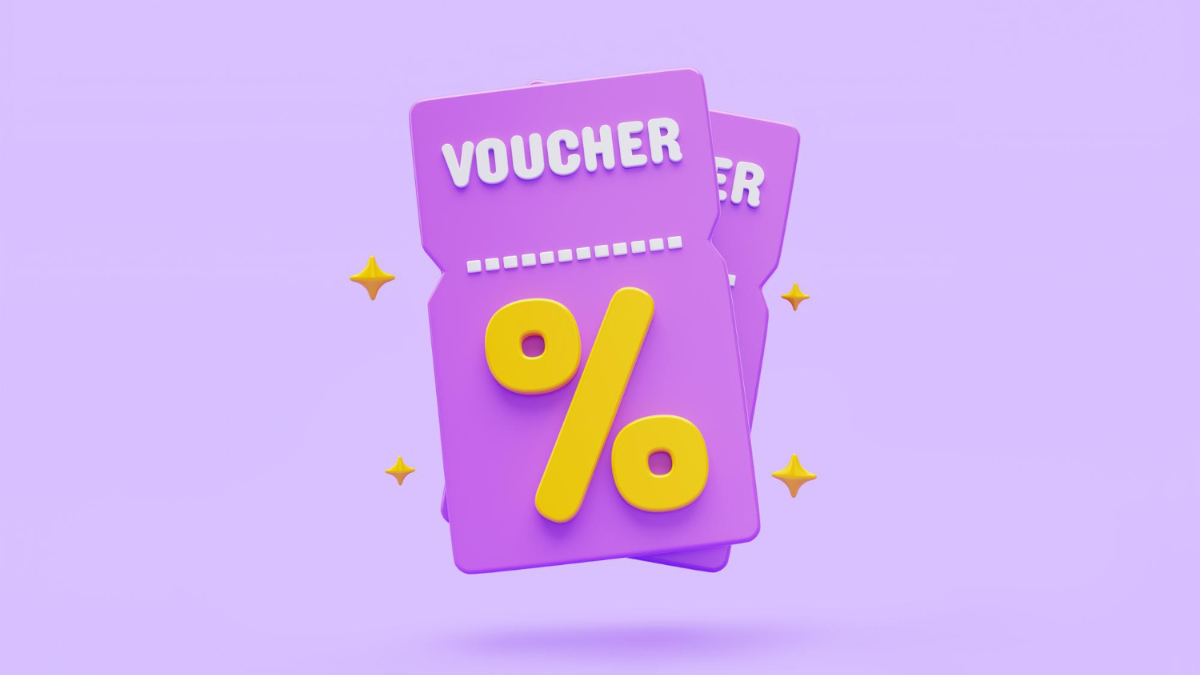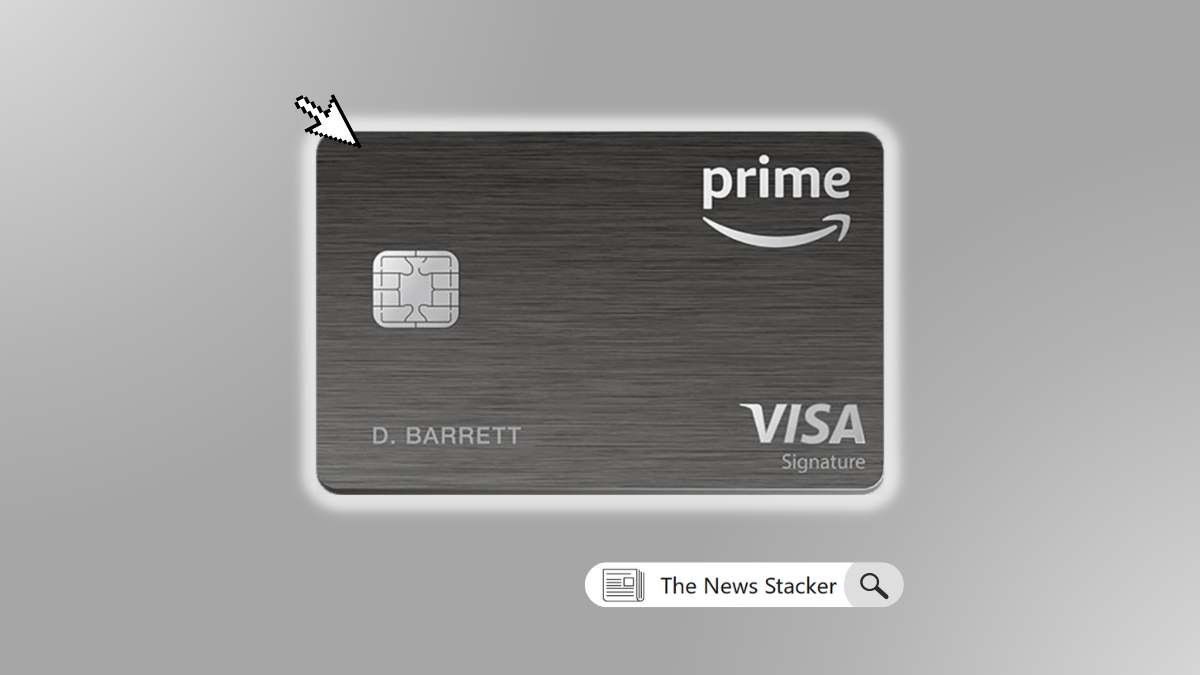Tips
Self-employment tax: What it is and how it works
Freelancers and independent contractors, read this post to learn everything you need to know about self-employment tax.
Advertisement
Discover all there is to know about self-employment tax

Self-employment tax, or SE Tax, is an important yet complicated topic for self-employed people. If you’re a freelancer or independent contractor, it’s essential to understand how this type of taxation works and how it affects your bottom line.
In this post, we’ll cover all the basics of self-employment tax. What is it, who has to pay it, and where does the money go?
Get ready to dive into the details and learn everything you need to know about one of the biggest financial burdens (and greatest rewards) of running your own business.
The basics of self-employment tax: everything you need to know
If you’re self-employed, you may wonder just how taxation works for your business.
Taxes are difficult to maneuver at the best of times, so it can be especially daunting when considering filing taxes as a freelancer or self-employed worker.
It’s important to know what kind of taxes you must pay and how they work. Sp you to stay compliant with tax laws and avoid headaches down the line.
In this blog post, we’ll explore what self-employment tax. Also, who has to pay it, and how it affects your bottom line. Keep reading to discover all there is to know about this topic!
You will be redirected to another website
By submitting this form, I agree that I am 18+ years old and I agree to the Privacy Policy and Terms and Conditions. I also provide my signature giving express consent to receive marketing communications via automated emails, SMS or MMS text messages and other forms of communication regarding financial products such as credit card and loans. Message frequency varies and represents our good faith effort to reach you regarding your inquiry. Message and data rates may apply. Text HELP for help or text STOP to cancel. I understand that my consent to receive communications is not a condition of purchase and I may revoke my consent at any time.
What is self-employment tax?

Self-employment tax is one of those phrases that may be unfamiliar to some of us. But it’s still important to understand what self-employment tax really means.
Self-employment tax is essentially the self-employed individual’s contribution to Social Security and Medicare, usually split between employer and employee, which would otherwise go straight from salary.
These taxes help self-employed individuals to qualify for Social Security benefits.
So when completing your taxes, make sure you account for self-employment taxes. So you don’t miss out on key exemptions or benefits as a self-employed individual.
How does it work?
According to the IRS, you must pay self-employment tax if your net earnings are at least $400.
Your self-employment net earnings are based on how much money you make after deducting ordinary and necessary trade or business expenses from your gross income.
Once you’ve calculated 92.35% of your total earnings, you can use the tax rate to determine how much you owe in taxes.
Remember this information; it could save you some serious cash in the long run!
Self-employment tax rate
Figuring out self-employment tax rates can be a bit confusing. But it’s important to know exactly how much tax you owe.
The self-employment tax rate is typically 15.3%, which is split into Social Security and Medicare taxes.
For Social Security taxes, self-employed workers are taxed 12.4% up to the first $160,200 of net self-employment income. Double what employers and employees pay.
With Medicare taxes, self-employed workers are taxed at 2.9% on their net earnings. So be sure to account for that when calculating your tax rate!
How to file your self-employment taxes
Planning and filing self-employment taxes can seem daunting, but with the right information, it doesn’t have to be!
Self-employed individuals must complete Schedule C (Form 1040), Profit or Loss from Business. To report net income and associated business expenses.
Additionally, you’ll also be required to fill out Schedule SE (Form 1040), which helps self-employed workers calculate self-employment taxes.
As self-employed individuals aren’t subject to tax withholding like typical employees, the IRS requires self-employed people to submit estimated taxes quarterly.
So ensuring you meet all self-employment and income tax obligations is very important!
Is it possible to avoid self-employment tax?

It may not be possible to avoid self-employment taxes completely. But there are some ways to lower the amount you owe potentially.
Qualifying tax deductions can help reduce self-employment taxes and save you money in income taxes.
It’s even possible to deduct 50% of the 7.65% employer-equivalent tax from your income tax bill. Effectively saving money owed on self-employment income.
The CARES Act employer portion deferment.
Are you one of the self-employed who took advantage of the ability to defer payment of your self-employment tax as part of the CARES Act?
If so, unfortunately, that deferment had a shelf life and expired on December 31, 2022. The CARES Act was an incredible and much-needed economic relief package for self-employed individuals.
It offered some immediate hope for those in need. But it’s important to remember that the measures included did have an expiration date. No matter how many extensions Congress considered throughout 2020.
Overall, understanding the self-employment tax can benefit freelancers and self-employed workers in the long run.
Not only does it save time when filing taxes. But knowing this information also helps maximize finances when it comes to setting aside money for income taxes.
For those considering freelancing or self-employment, cautiously preparing yourself on personal taxation is one of the most important steps to success in this field.
Therefore learning what you need to know about the self-employment tax can make all the difference. Ensuring your financial stability and future goals!
How to track your IRS tax refund
Are you wondering where your IRS tax refund is? We know that waiting for a refund check can be an anxious experience.
To put your mind at ease, we will show you how to track your IRS tax refund quickly and easily. By leveraging the advantages of modern technology and tracking tools, you can get up-to-date information on the status of your return almost instantaneously!
In the next blog post, we’ll guide you through the different methods available. So that you can decide which one best suits your needs. Keep on reading!

How to track your IRS tax refund
Worried about your refund? Don't be. Stay up-to-date on your return status with these easy steps.
Trending Topics

How can you save with Evouchers?
Shopping just got smarter and more affordable! Learn how to save with evouchers and get tips and tricks to maximize your savings.
Keep Reading
See how to apply for the Amazon Prime Rewards Visa Card
Wondering how to apply for the Amazon Prime Rewards Visa card? This post will cover all of the details you need to know.
Keep Reading
How tall is Shaq O’Neal? The towering figure of NBA history
Get the answer to the age-old question, "How tall is Shaq?" and get some fun facts about the basketball's iconic player!
Keep ReadingYou may also like

10 most underrated LCOL cities
Are you looking for an affordable city that doesn't get the credit it deserves? Check out our list of the 10 most underrated LCOL cities!
Keep Reading
Creative ways to get your kids to eat their veggies
Do your children turn their noses up at vegetables? Here are some fun and creative ways to get your kids to eat their veggies.
Keep Reading
White House announces plans to end hunger in the U.S.
The White House presented a summary to end hunger by 2030, plus plans to increase overall food and health quality for Americans.
Keep Reading